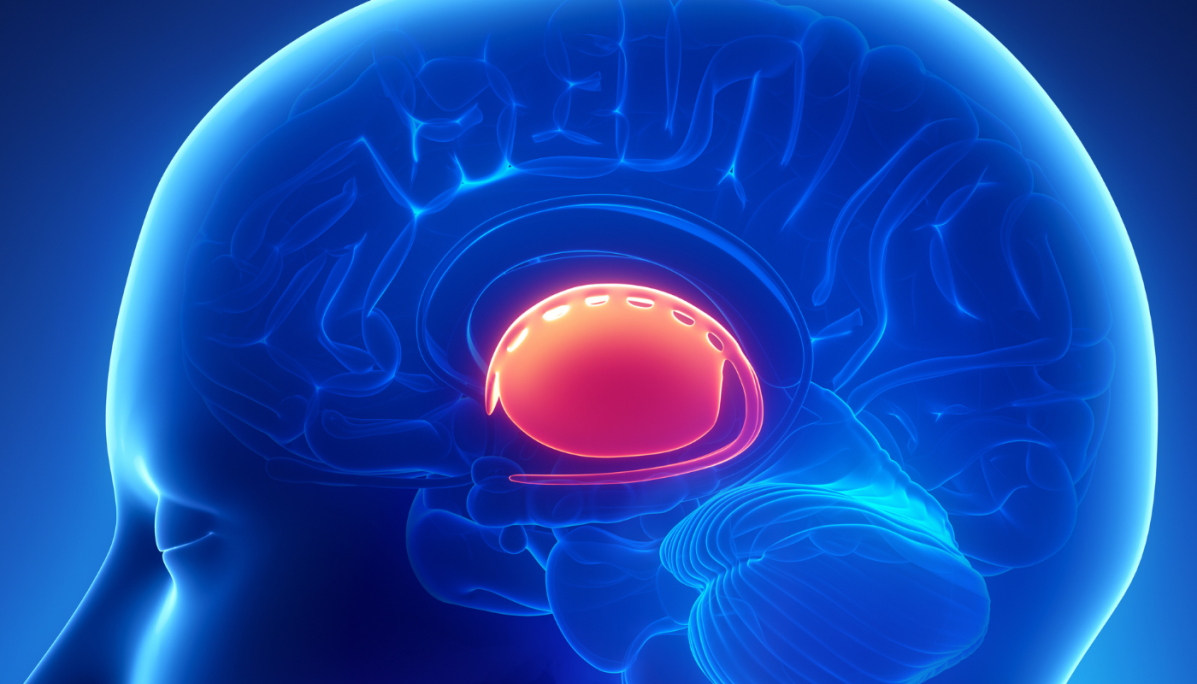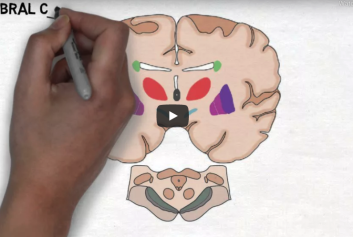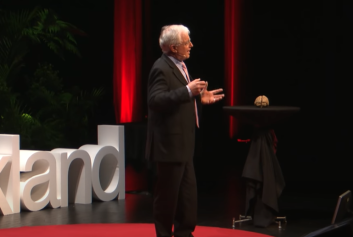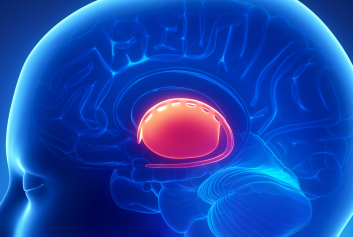Basal ganglia
A group of structures below the cortex involved in motor, cognitive, and emotional functions.
The basal ganglia refers to a group of subcortical nuclei within the brain responsible primarily for motor control, as well as other roles such as motor learning, executive functions, emotional behaviours, and play an important role in reward and reinforcement, addictive behaviours and habit formation. The basal ganglia are located at the base of the forebrain (cerebrum) and have attracted attention in medicine for various disturbances that appear with dysfunctions caused by diseases or trauma. Disruption of the basal ganglia network forms the basis for several movement disorders such as Parkinson's disease and Huntington's disease.

Find out more about your basal ganglia
Learn about the basal ganglia's role in learning from feedback, the formation of good and bad habits, and brain disorders as diverse as Parkinson’s disease, ADHD, and addiction.






